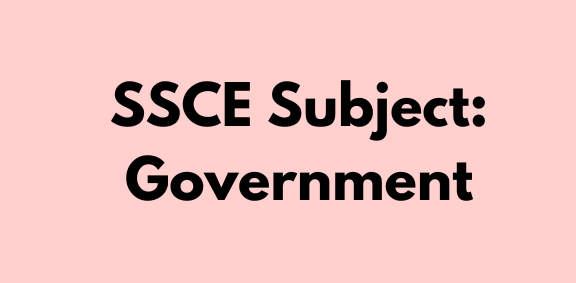A nation is a complex concept that has been defined by many political scientists. Even with their different perspectives to the subject matter, they, at the end, agree that a nation is a group of people who have a common language, culture, history, and geographical territory.
So, let’s look at the meaning of a nation from two scholarly perspectives:
To Margaret Moore, a nation is a “group of people who identify themselves as belonging to a particular nation group, who are usually ensconced on a particular historical territory, and who have a sense of affinity to people sharing that territory. It is not necessary to specify which traits define a group seeking self-determination.”
The main points from Moore’s definition include:
- a group of people
- historical background, and
- A territory
To Guibernau (1996), a nation is “a human group conscious of forming a community, sharing a common culture, attached to a clearly demarcated territory, having a common past and a common project for the future and claiming the right to rule itself.”
Guibernau’s definition, without gainsaying, contain the basic elements of a nation such as:
- A human group
- Common culture
- A defined territory
- Common history
- Common aspiration for the future
In a rather holistic way on how some people view the term “nation” Black’s Law Dictionary says it is synonymous to a ‘state’ and a ‘country’.
The dictionary goes further clarify that while a state is a government that has control over a specific territory which may or may not be associated with a particular group, it defines a country as a “geographic territory, which may or may not have an affiliation with a government or ethnic group”
From the aforementioned perspective, it’s safe to say a nation is a large group of people that have a common historical origin, common language, and tradition in a geographical location.
Features of a nation
Below are the basic characteristics which we have deduced from the above scholarly definitions by different experts:
A group of people
No single person makes a nation, it has to be a group of people who are united in their aspirations for a common goal for the future. Even a group of people who want to achieve a specific goal cannot do so in isolation.
Culture
A nation typically has a cultural identity which makes them unique from others. These include their music, art, beliefs, customs, and traditions. For instance, the culture of respect is synonymous to the Yoruba-speaking in the Southwest, other ethnic groups have their own culture and traditions which make them unique.
That is why some political scholars assert that Nigeria is a nation while others prefer to call it a nation-state, depending on the angle each is looking at it.
History
A nation has a common history that shapes their origin giving insight into how the people came about and the role played by their founding fathers.
Territory
A nation has a defined geographical territory the people call their own. In most cases, any incursion into the defined territory will be restricted.
The forefathers of a nation migrated from someone to settle in another place, the history of how they come about is paramount to them.
Language
Every nation has a means through which they communicate (language). The people see their language not only as part of their cultural heritage, but also as a means of communicating.
A nation passes language from one generation to another. Nigeria, for instance, which consists of many nations, each has a language they identify with even when they adopt a specific language as a mode of communication.
Population
A nation has a population that gives the people a sense of belongings and identity. For instance, the Igbo nation within Nigeria has a population and so other ethnic groups within Nigeria.
Finally, if a nation is independent, it will have national symbols, government, and international recognition. For instance, the Igbo ethnic group in Nigeria has been advocating recognition for decades. If Nigeria had allowed them to go their way, they would have had an institution called government, sovereignty, symbols, and international recognition.
The same is applicable to the Southwest part of Nigeria that is dominated by the Yoruba. Some of their leaders have advocated the Odua Republic in recent times.
Practice question:
- What is a nation?
- What are basic features of a nation
- Which of the Nigerian ethnic groups in Nigeria can you categorize as a nation. Support your choice with facts.
Join EdubaseNG WhatsApp Channel to get the latest education & student loan tips
Join our Telegram Channel to get the latest news about Student Loans & Education News.
Are you a stakeholder in education? You can become our guest writer. Write to us using our our email address here




